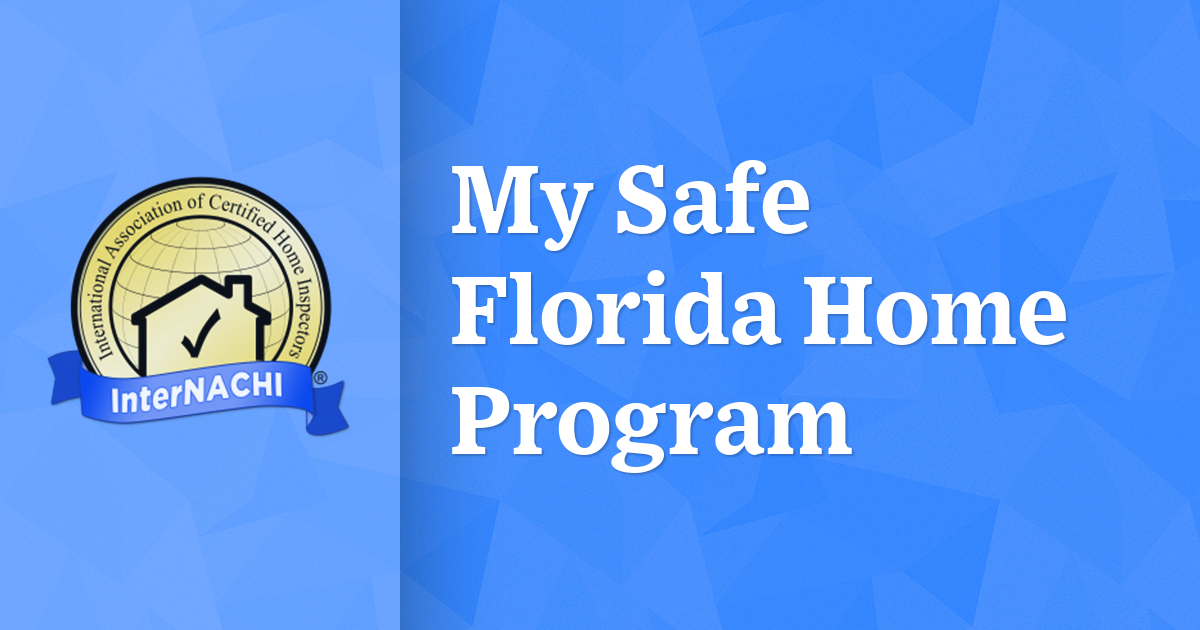Navigating the complexities of financial assistance programs is crucial for individuals and families facing the challenges of aging, blindness, or disability.
One such program, Optional State Supplementation (OSS), is a state-funded cash assistance initiative aimed at providing support to those aged 65 and older or individuals with disabilities who live in community-based alternative living arrangements.
In this comprehensive guide, we will explore the eligibility criteria, application process, required documentation, and the vital role OSS plays in supplementing the income of those in need.

Is OSS Right for My Family?
Contents
Optional State Supplementation is designed to serve as a financial lifeline for individuals aged 65 or older, as well as those aged 18-64 who are disabled or blind.
The program extends its support to individuals receiving Supplemental Security Income (SSI) or Social Security Disability Insurance (SSDI) benefits.
To qualify for OSS, individuals must be living in special non-institutional residential living facilities, including assisted living facilities, adult family care homes, and mental health residential treatment facilities.
Certification of the need for placement in a licensed facility is a prerequisite for eligibility. Moreover, income and assets must fall within the specified limits for OSS.
Eligibility Criteria for OSS
- Age and Disability:
- Individuals aged 65 or older.
- Individuals aged 18-64 who are disabled or blind.
- Receiving SSI or SSDI Benefits:
- Individuals currently receiving benefits from Supplemental Security Income (SSI) or Social Security Disability Insurance (SSDI).
- Residential Living Arrangement:
- Individuals must be living in special non-institutional residential living facilities, including assisted living facilities, adult family care homes, and mental health residential treatment facilities.
- Certification of Need for Placement:
- Documentation certifying the need for placement in a licensed facility is required.
- Income and Asset Limits:
- To qualify for OSS, income must be within the specified limit.
- Assets must be within the Supplemental Security Income (SSI) limit.
Required Documentation for OSS Application
When applying for Optional State Supplementation, individuals will need to provide specific documentation to verify their eligibility. The necessary documents include:
- Proof of or Award Letter for Benefits:
- Documentation of benefits from Social Security for Disability Insurance or Supplemental Security Income (SSI).
- Birth Certificate:
- Official proof of age through a birth certificate.
- U.S. Citizen or Qualified Non-Citizen:
- Documentation proving U.S. citizenship or qualified non-citizen status.
- Social Security Number:
- Verification of the Social Security number.
- Case Manager Certification:
- Certification from a case manager affirming the appropriateness of the living arrangement.
- Bank Statement:
- Providing a bank statement as evidence of financial status.
- Immigration Status:
- Non-citizens must meet the status of a qualified non-citizen to be eligible for OSS.
- Verification of immigration status through the Systematic Alien Verification for Entitlement (SAVE) process.
Application Process and Timelines
The OSS application process involves submitting the required documentation, after which the State determines eligibility within 45 days from the date of receiving the application.
However, applicants may receive a response sooner, and it is crucial to submit all necessary paperwork promptly to avoid delays.
To expedite the process, individuals should notify the authorities if there is an urgent need, such as serious health concerns, requiring swift attention.
Conclusion
Optional State Supplementation serves as a critical resource for seniors and individuals with disabilities, offering financial assistance to those residing in community-based alternative living arrangements.
Understanding the eligibility criteria and gathering the necessary documentation are vital steps in successfully navigating the OSS application process.
By providing this supplemental income support, OSS plays a crucial role in enhancing the quality of life for those facing the challenges of aging, blindness, or disability.
As individuals and families explore available avenues of financial assistance, OSS stands as a beacon of support, contributing to a more secure and dignified life for those in need.


